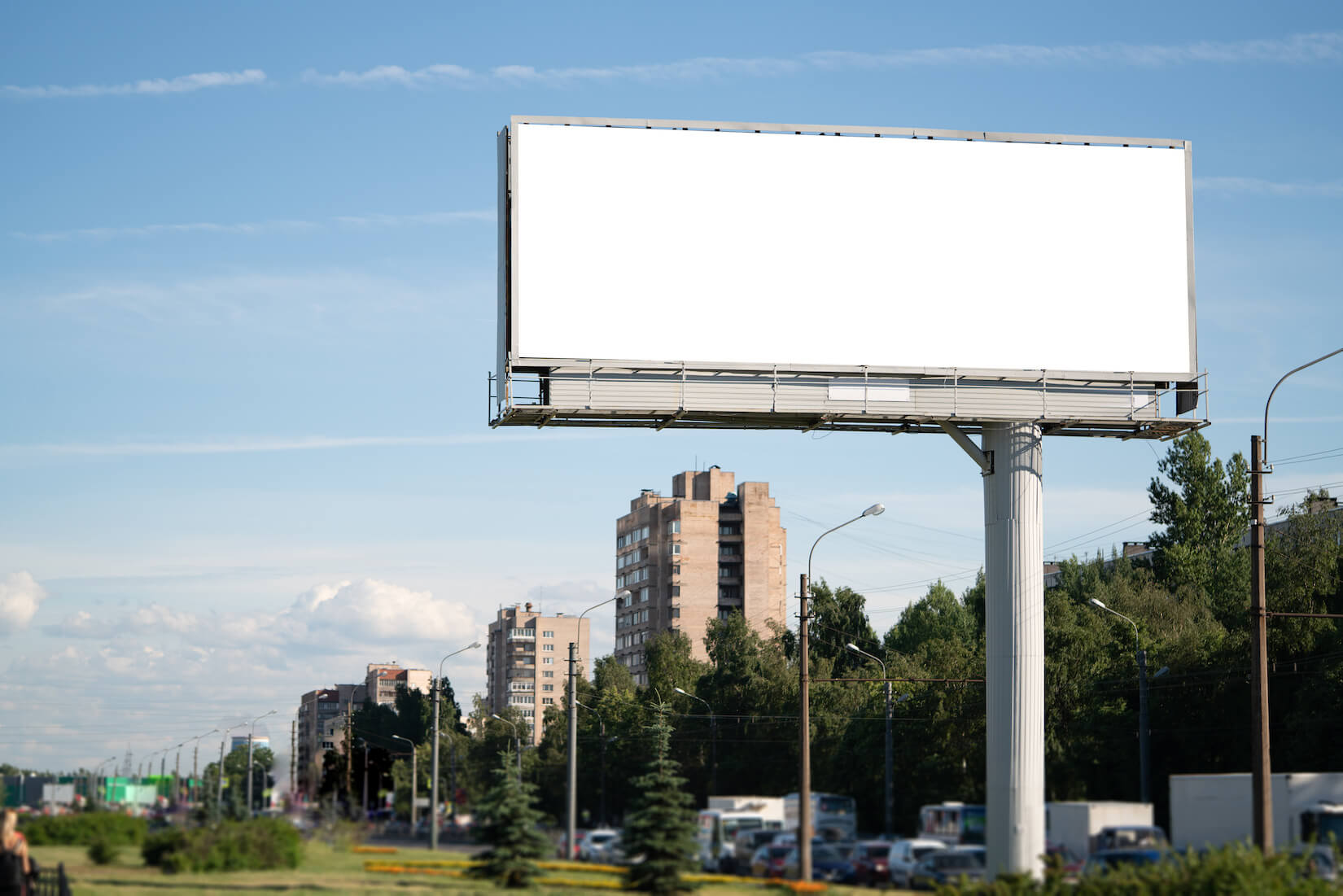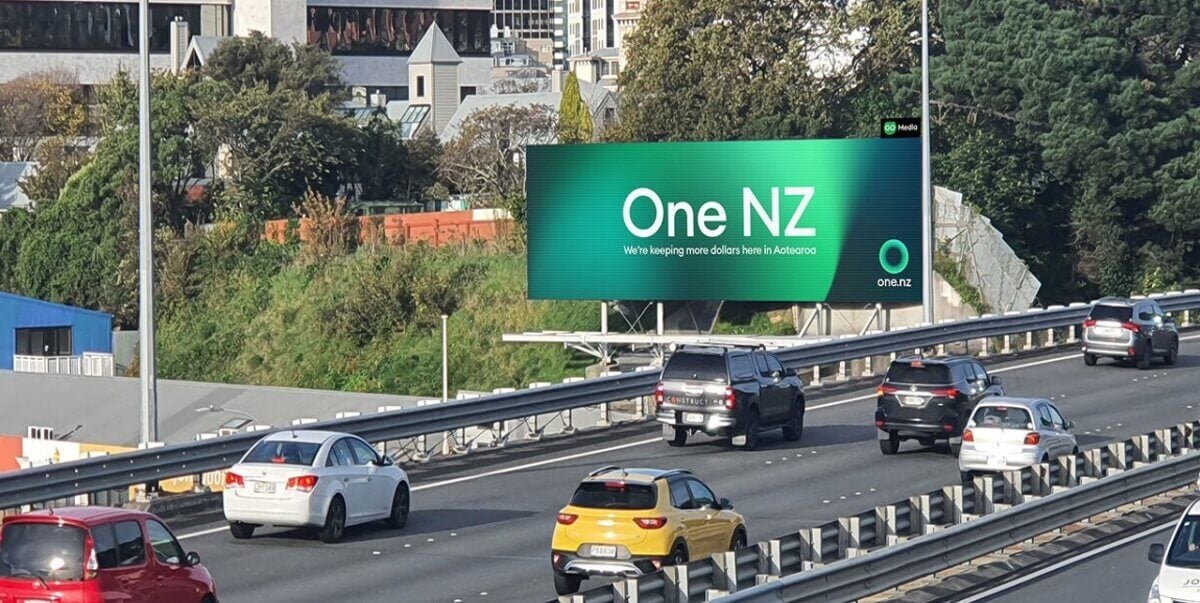
Most media owners out there are no strangers to the tremendous benefits programmatic digital out-of-home (DOOH) brings to their inventory.
From precise measurement and targeting capabilities to enhanced creative possibilities and efficient buying processes, programmatic is shifting the paradigm of how advertisers are buying DOOH. As the DOOH landscape continues to evolve, media owners are meeting this demand by integrating programmatic selling capabilities into their supply.
But programmatic technology is still relatively new, and some media owners are wary of cannibalising their existing revenue, which is understandable. The last thing media owners want is to take the money they are already earning and shift it into tech platforms – ultimately leaving them with less.
However, the goal of programmatic DOOH is not to funnel away existing ad dollars from media owners’ direct sales, instead, programmatic is about bringing in net new revenue, expanding demand and building a more effective network.
In this article, we’ll discuss how adding programmatic works hand-in-hand with direct sales to unlock new revenue streams for media owners and why the fear of sales cannibalization should be a thing of the past.
How programmatic DOOH works
At a basic level, programmatic DOOH automates the buying and selling of ad space on digital out-of-home screens.
Media owners integrate all or part of their inventory into a supply-side platform (SSP) to make that inventory available for purchase. They use the SSP to set rules on how the inventory can be sold, such as setting price floors, advertiser restrictions and other controls.
On the other side, advertisers use a demand-side platform (DSP) to plan and run advertising campaigns. They use the DSP to submit creatives for approval, bid on and purchase inventory. In addition, advertisers can set targeting parameters such as audiences, time of day or location.
Working together, the DSP and SSP conduct an auction, matching the available inventory with the bids from advertisers. Once an auction has concluded the buyer’s ad will be played based on the rules the media owner has set.
How programmatic DOOH expands media owner revenue
As previously mentioned, programmatic is not about moving existing revenue that is coming from direct sales into a technology platform; instead, it’s about opening up new pathways for media owners to expand their reach and tap into a wider pool of buyers than ever before.
Integrating programmatic into an ad network allows media owners to:
Fill unsold inventory
In a perfect world, media owner inventory would be sold out every second of every day. Unfortunately, this is rarely the case. Direct deals require a lot of time to negotiate and some media owners are working with a limited in-house sales team. All too often, this means media slots go unsold or are filled with bonus, house ads, etc. While these spots are better than simply showing a blank screen, they most likely don't generate revenue.
Integrating programmatic capabilities into a network allows media owners to turn unsold slots into valuable revenue opportunities by opening up these slots to the wide array of media buyers ready to purchase programmatic inventory.
Unlock demand from digital buyers
While global demand for DOOH is expected to grow to around $12 billion in 2023, in the same time period, digital ad spend is projected to reach more than $567 billion. This represents a massive opportunity for media owners, and adopting a programmatic SSP is the gateway to reaching this relatively untapped market.
Traditionally, digital buyers purchased digital display, mobile, social, CTV, etc. However, as DOOH technology has matured to allow for more advanced audience targeting, data-driven creatives and robust measurement capabilities, more and more digital buyers are including DOOH as a core component of their omni-channel marketing mix.
However, when digital buyers are looking to purchase DOOH, they do so through a DSP because it gives them a very efficient way of purchasing a variety of inventory at scale and allows them to extend their hyper-targeted digital tactics into a physical channel.
Making inventory available through a programmatic SSP allows media owners to tap into digital buyer demand and cast the widest possible net of DOOH demand – drastically increasing their revenue potential.
Generate revenue from non-ad-focused networks
Even if advertising and media revenue is not a main focus of a particular digital signage network, this business area still has a lot of potential for growth. Media owners may have invested in screen networks for fitness equipment, medical self-assessments, wayfinding, etc. Each of these networks costs money to operate, but each of these networks can also deliver highly-valuable audiences to potential advertisers. Through the use of a programmatic SSP, media owners can unlock that demand and turn non-ad-focused digital signage from a cost centre into a profit centere

Maintain inventory control
Programmatic DOOH gives media owners full transparency and control over monetising their inventory. Whether selling on the open exchange or private marketplace, media owners determine the method of transacting, how much to charge and what inventory to make available.
Furthermore, programmatic SSPs enable media owners to maintain complete control over what advertisers and creative have access to bid. Through a programmatic SSP, media owners are able to approve or deny any creative before it runs on their network as well as set up restrictions, inclusions and exclusions. This adds an additional layer of protection that gives media owners the total flexibility to run only approved creative on their network.
Finally, programmatic ad serving technology allows media owners to dynamically prioritise access to inventory, ensuring that direct advertisers, partners, programmatic buyers, bonus and house campaigns all have the appropriate screen availability. This allows media owners to ensure they are maximising all of their revenue opportunities while ensuring they are delivering upon all their promises to their partners.

Combine existing direct sales and new programmatic revenue with Unified Ad Serving
While the benefits of programmatic are numerous, direct sales still generate the majority of revenue for many media owners. As direct sales provide guaranteed and stable revenue, Vistar has developed Unified Ad Serving to add value to the media owners' direct sales operations. Media owners can manage, sell and execute their direct ad campaigns, all while seamlessly integrating programmatic ad buyers. Unified Ad Serving enables media owners to strike a balance between growing their programmatic and direct sales while future-proofing their revenue streams.
Unified ad serving allows media owners to set a Frequency Goal that will define ad delivery based on the number of ad plays per screen per hour. This technology also supports campaigns with a Share of Voice (SOV) goal — giving media owners the ability to define what percentage of available ad inventory will be dedicated to a given campaign. Similar to a spot in a loop representing a percentage of total available ad slots, media owners can utilise SOV-based goals to sell in the exact same fashion as their direct sales.

This integration of SSP and ad serving allows media sales teams to reserve and book inventory in advance while preventing overselling with real-time availability tracking.
What’s next for programmatic DOOH?
As the DOOH landscape continues to expand, there is a huge opportunity for media owners to maximise the value of their digital signage. Programmatic is the next step forward for media owners to looking to expand their current revenue streams and future-proof their networks to generate tremendous value for years to come.
For media owners wanting to take their inventory to the next level, contact us today to see how we can help!


